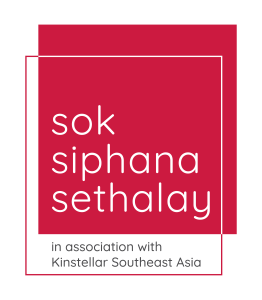Online Applications Required for Medical Examinations of Cambodian Employees
Updated procedures now require online applications for medical examinations of Cambodian employees. This is pursuant to the Ministry of Labor and Vocational Training (“MLVT”) regulation (Prakas No. 429/20) issued on 31 December 2020.
Updates to the procedures
Medical examinations may be undertaken in health facilities at the Department of Occupational Safety and Health (“DOSH”) and health facilities which have been recognised by the Ministry of Health as “partners” of the DOSH.
In the event of medical examinations taking place at “partner” facilities, the employer needs to apply for a medical examination certificate from the DOSH. With the release of this Prakas it is now necessary to obtain this certificate online via the Labour Automated Central Management System website: https://lacms.mlvt.gov.kh
In doing so, the employer will need to:
- submit required documents and application form available at the website, including the results from the medical examination of the employee;
- process the payment through MLVT’s partnered banks; and
- allow three working days for processing.
Upon completing the application, the DOSH will issue a medical examination certificate for the employee’s official use. All expenses arising from the medical examination shall be borne by the employer.
When does an employee need to undergo a medical examination?
There are three instances in which the employee will need to undergo a medical examination:
- before the commencement of employment;
- upon changing the type of job and/or changing place of work; and
- every two years (see below regarding hazardous occupations).
If an occupation is deemed as “hazardous”, the employee may be required to undergo special medical examination procedures. However, it is not set out in the Prakas as to what procedures this will entail and which types of occupations are considered as “hazardous”. We note though that there are references to “hazardous” occupations in other regulations in which the MLVT requires special precautionary measures. These include for instance: occupations involving the operation of lifting machines, performing routine or daily chemical work, or carrying out work at construction sites, etc.
If you have any questions or require additional information, please contact Matthew Rendall, Phirum Ol, or Shan Berg Liew at SokSiphana&associates (a member of ZICO Law).
This alert is for general information only and is not a substitute for legal advice.




